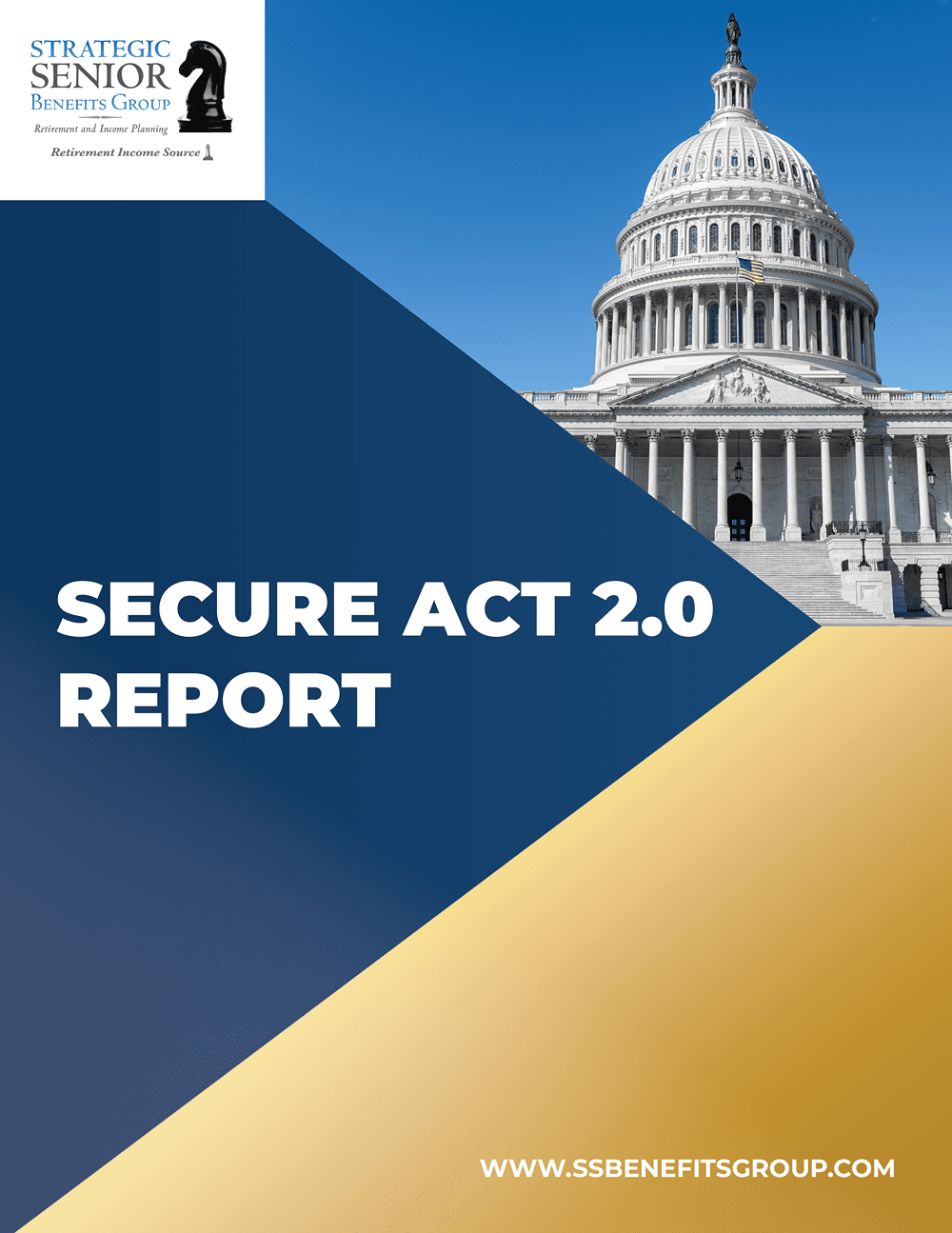Few inventions in recorded history have revolutionized the way we live like the Internet. It has changed the way we communicate and has made thousands of previously slow, complex processes faster and more efficient. Yet, while solving old problems, the Internet — like any invention — has also created new ones. Among the biggest of those problems is the vulnerability of sensitive and/or personal information to a relatively new breed of criminal: cyberthieves.
Most of the country was personally impacted by this problem in September 2017 when Equifax reported a security breach that allowed hackers to access the personal information of 143 million Americans. Equifax is one of three major credit reporting agencies (Experian and TransUnion are the others), and all keep extensive databases of credit-user information that include everything from dates of birth to addresses to Social Security numbers. Once a cyber thief gains access to such information, they can use it to steal your identity and potentially gain access to your credit accounts and personal finances.
Electronic identity theft can ruin a family financially, and unfortunately, it is an issue with no easy solution. According to a 2017 study by Javelin Strategy & Research, between 2011 and 2017, identity thieves stole over $107 billion. In 2016 alone, some $16 billion was stolen from 15.4 million U.S. consumers, up from $15.3 billion stolen from 13.1 million victims a year earlier.1 The increase illustrates that even as cybersecurity measures improve, criminals become increasingly savvy.
Greater Risk for Older Americans
The bottom line is that keeping our identities and finances safe from criminals in the digital age will be an ongoing challenge for both businesses and individuals. That’s especially true for individuals at or near retirement age whose accumulated assets can potentially make them more attractive targets for thieves than younger people who are still in the early process of building their wealth. A top priority for most Americans over age 50 should be “financial defense,” which means they should focus on the use of strategies designed to generate income and protect assets from major losses due to extreme fluctuations in the financial markets. In the digital age, however, another essential component of financial defense is cybersecurity: knowing how to protect your identity as you do everything from online shopping and banking to buying gas.











